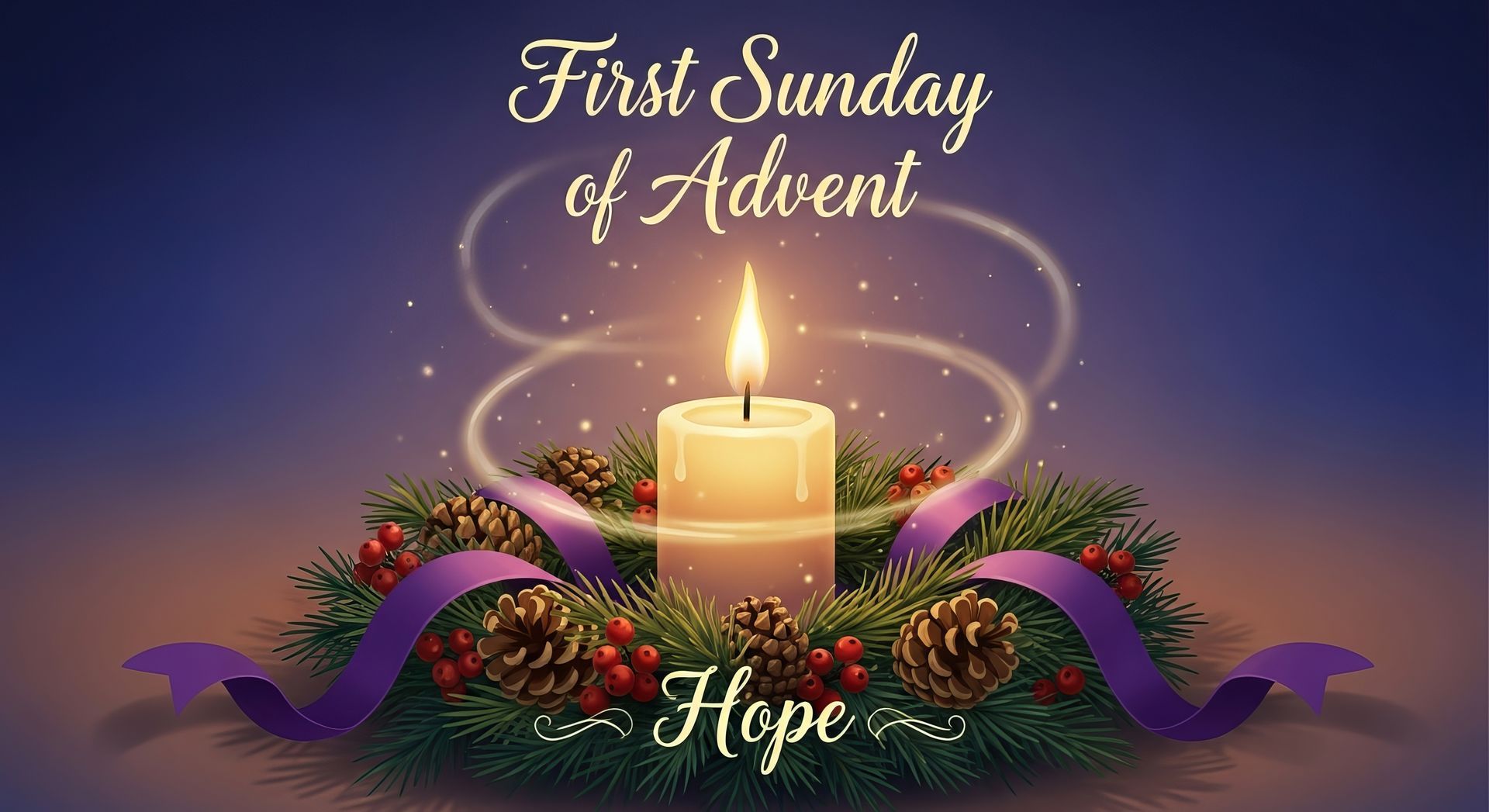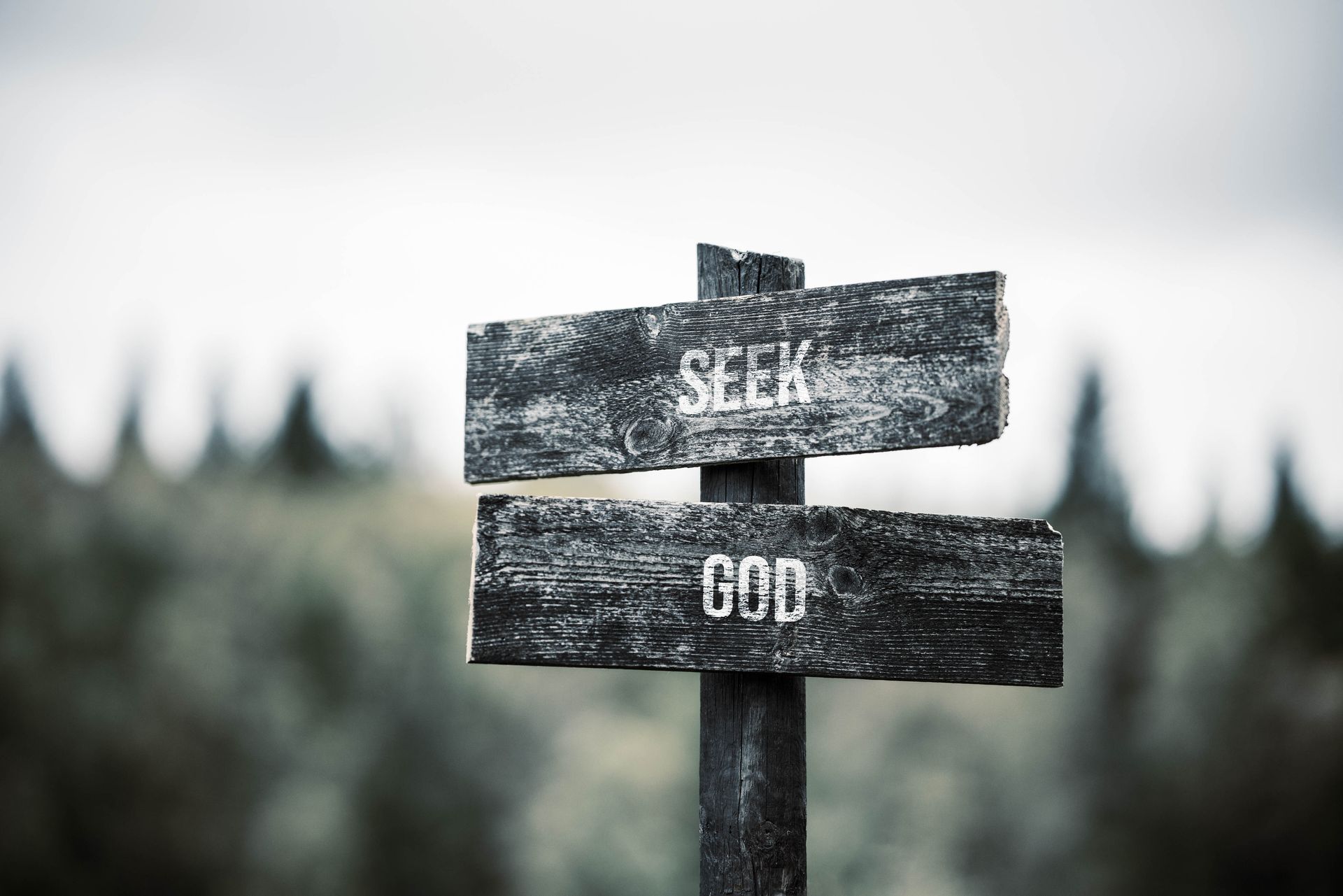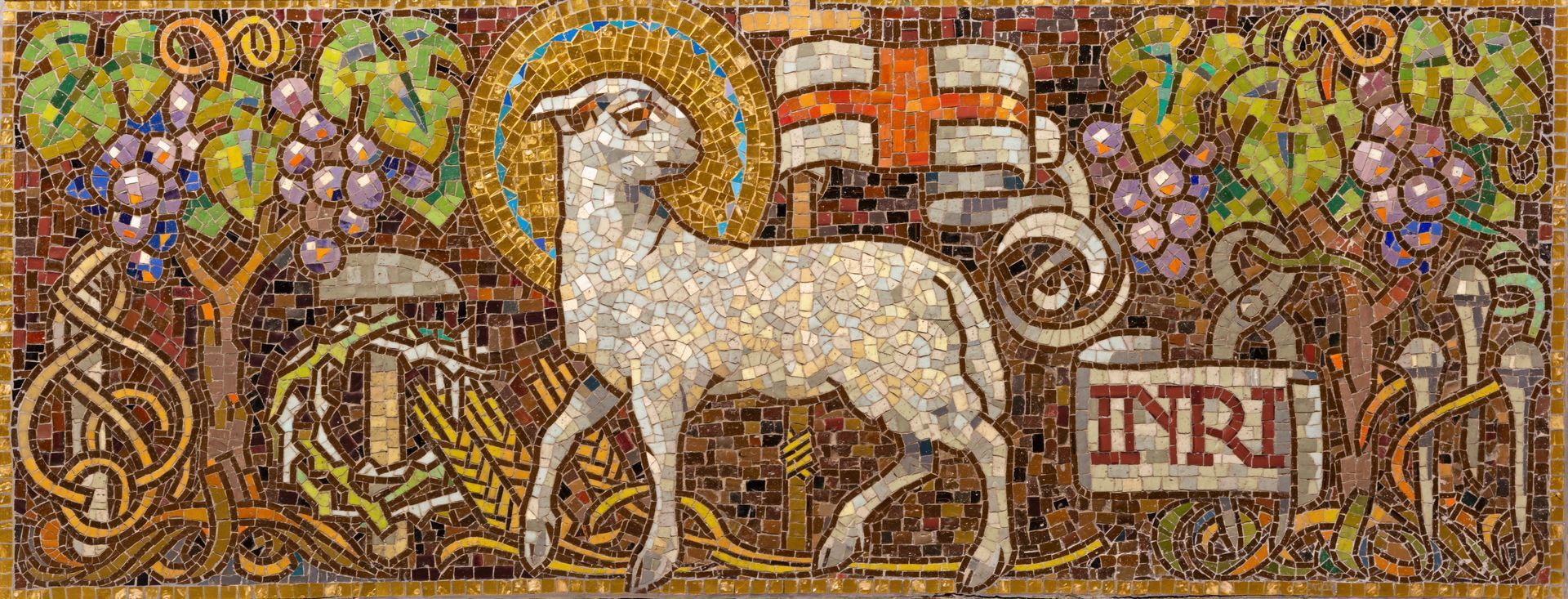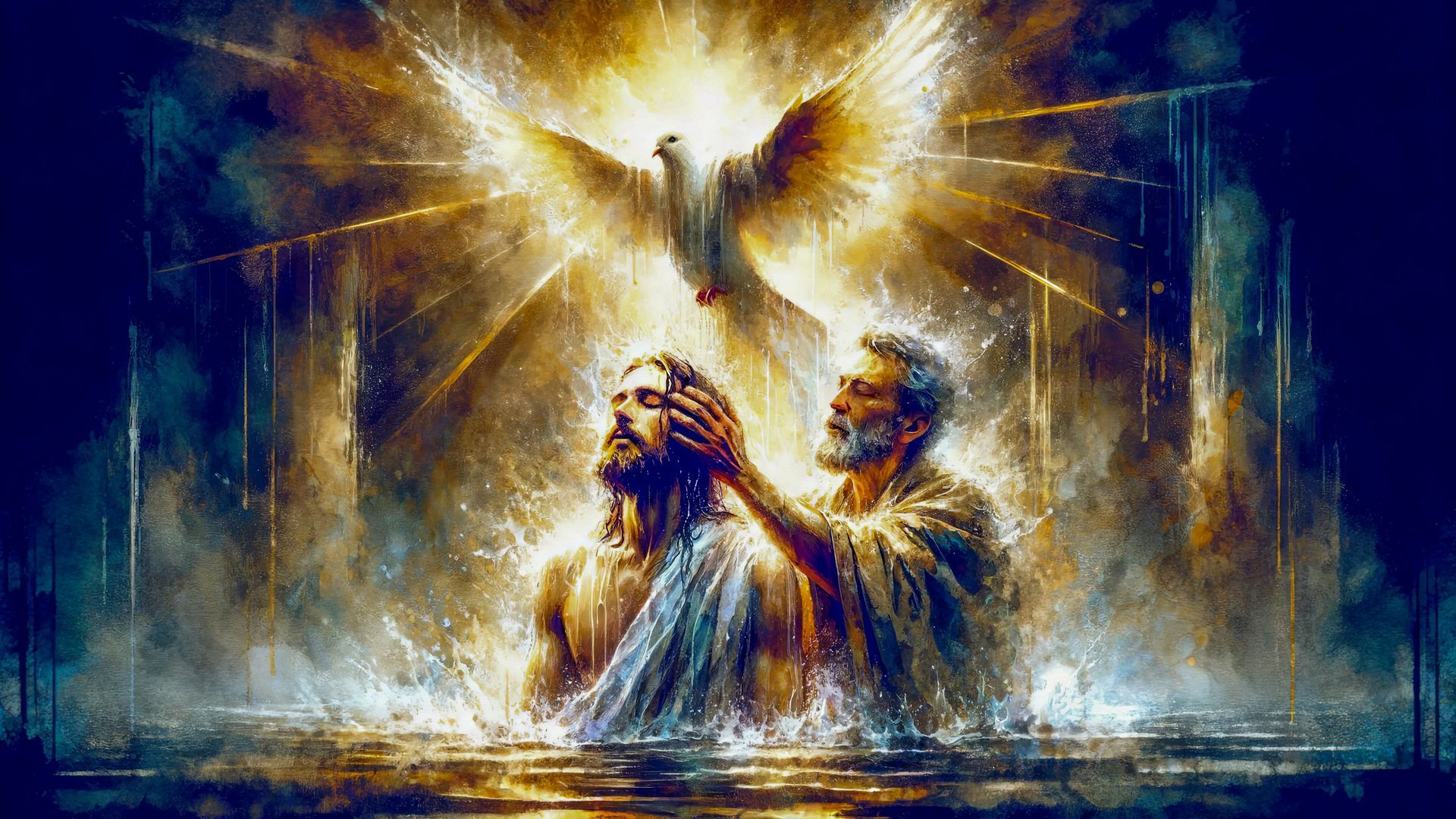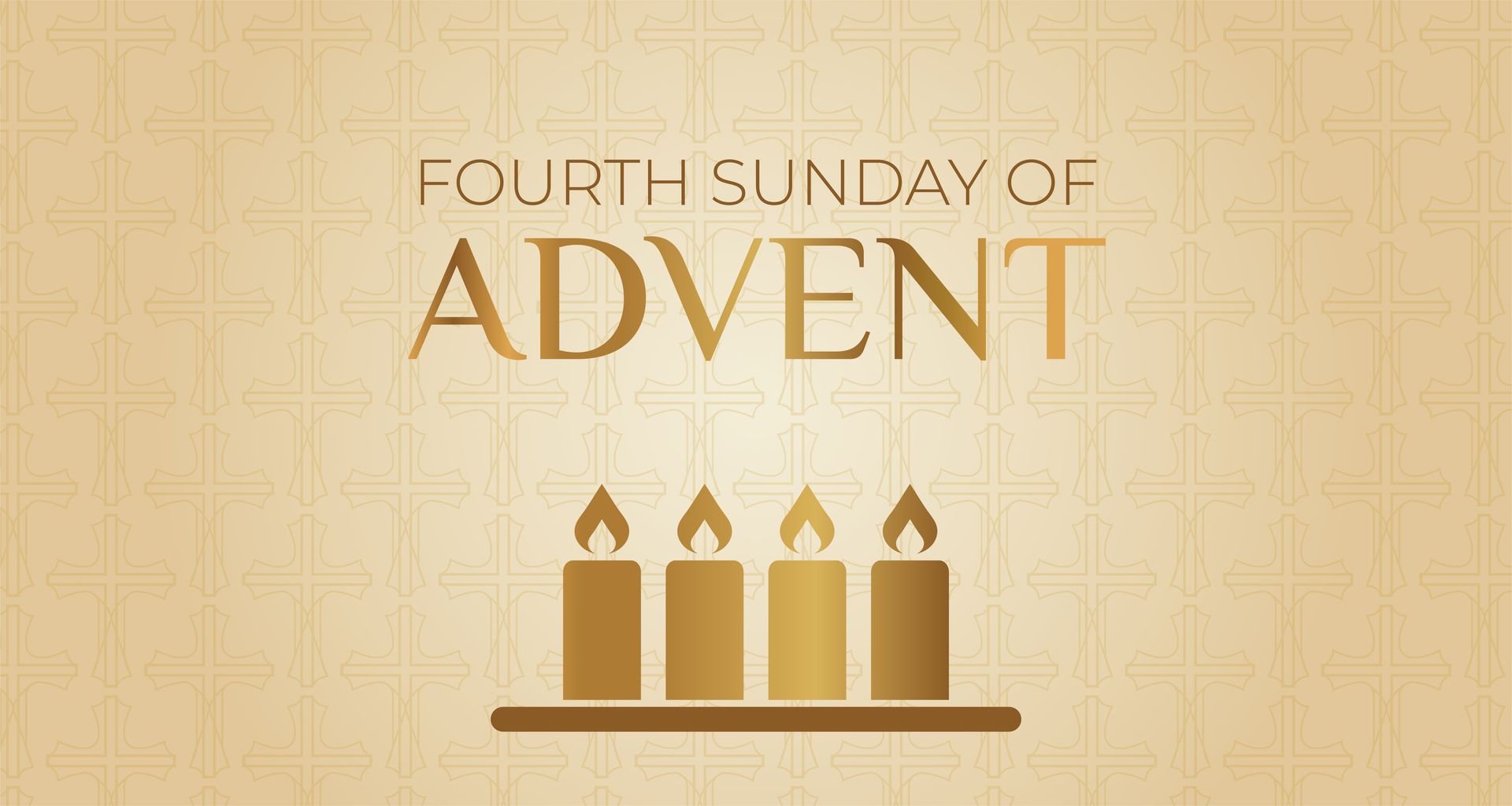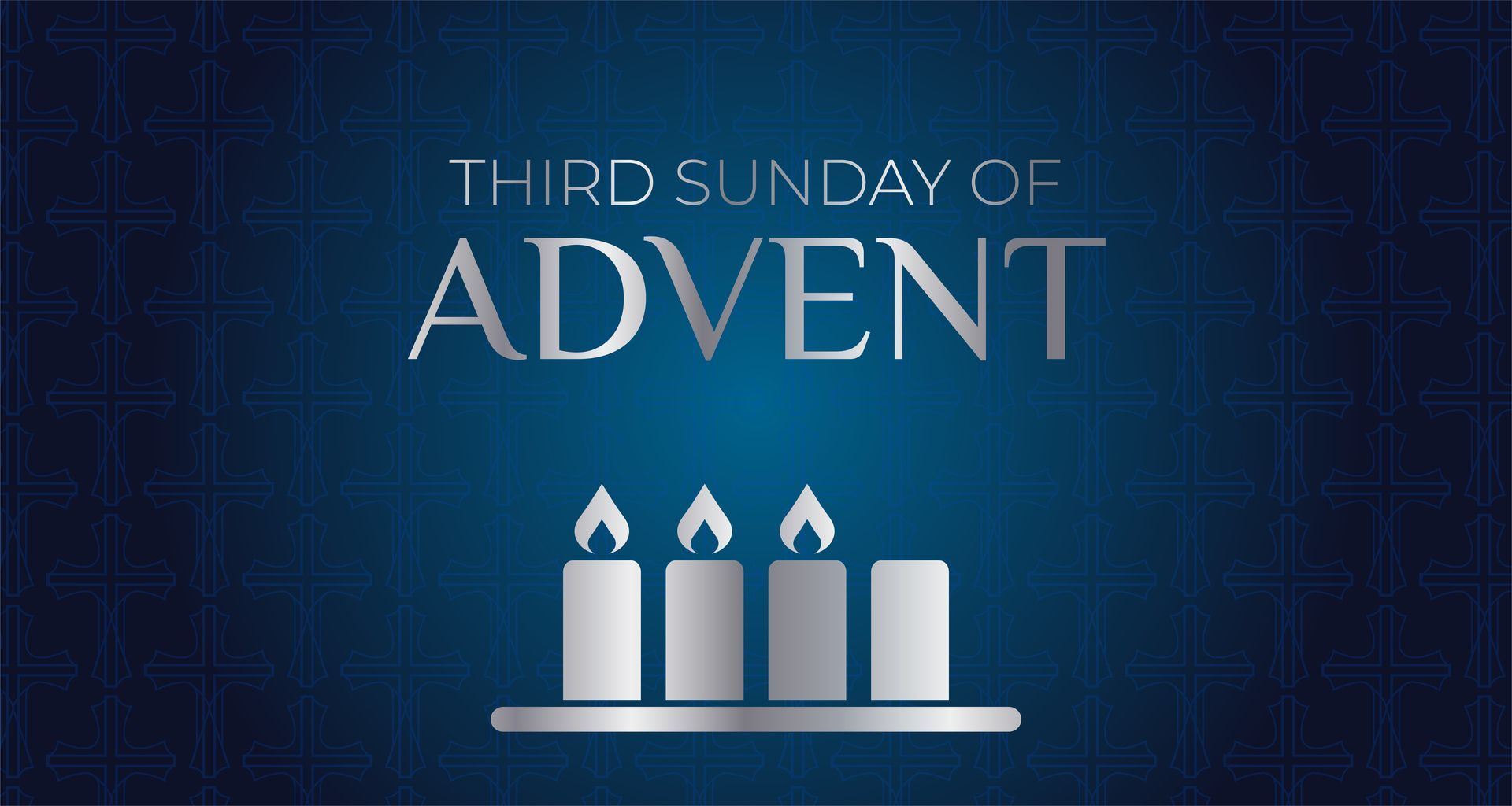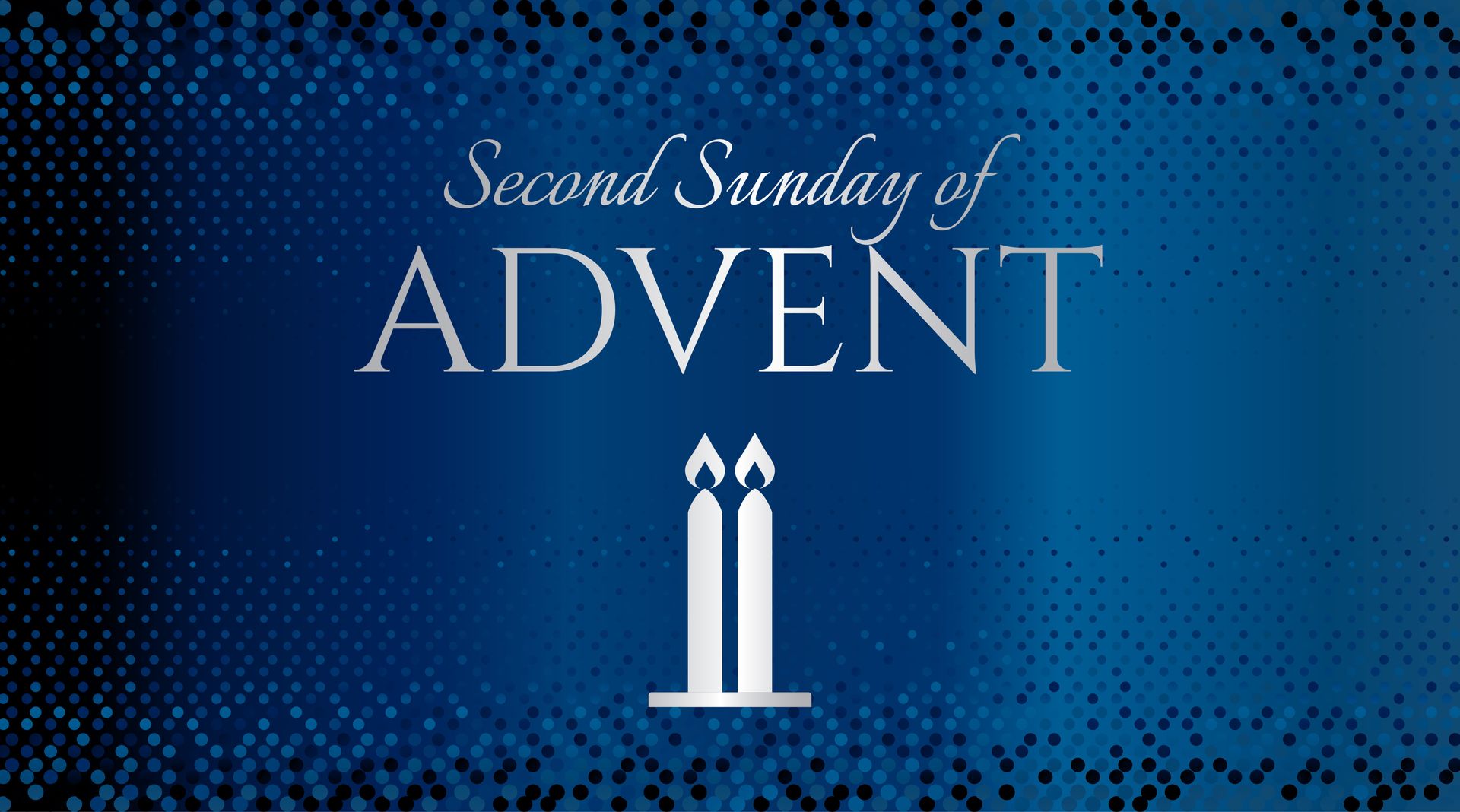Exiit qui seminat
Solemnity of the Ascension
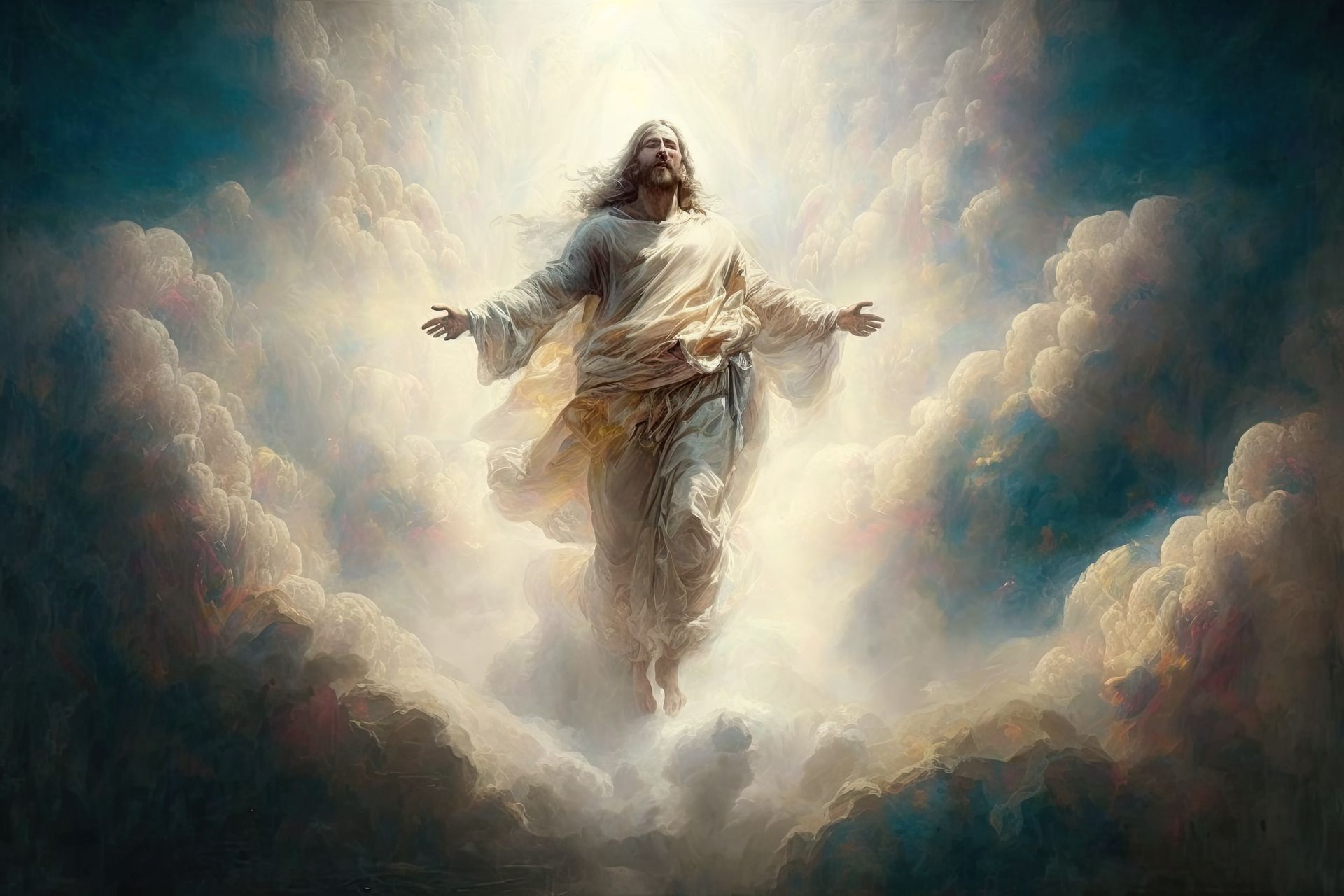
This weekend, we celebrate the Solemnity of the Ascension, the final part of Jesus' Paschal Mystery (His Passion, Death, Resurrection and Ascension). In the Ascension, we recall how our Christ, in the fullness of humanity and divinity, returns to the Father. Jesus' human body was not an afterthought. Just the opposite. In returning to the Father, our Lord makes his humanity (and ours) a part of the Trinity (Catechism of the Catholic Church #470). Humanity and divinity, creation and Creator are made one. The Solemnity of the Ascension reminds us of the dignity, not just of the human condition and our human nature, but of the human body. Our faith tells us that on the Day of Final Judgement our souls and our bodies will be reunited and glorified. For those who do not reject God, our bodies will be restored and be made whole, free from the ravages of sin and death.
That's what makes the current trends in terms of cremation and attitudes towards Christian burial all the more concerning. Since 1963 the Church has allowed cremation, as long as it it's not done for reasons contrary to Christian belief. While cremation was always meant to be an exception, it has become much more of the norm ... and that's OK. But after a body is cremated, the proper practice is to bury the cremains in the consecrated grounds of a cemetery or interred in a columbarium or other such structure. The sad reality is that, with good intentions, cremains are split between family members and friends, turned into jewelry or some other type of memento, scattered at a place that was meaningful to the deceased, or place on a mantle or other honored place in a home. Such actions go against the dignity of the human body and the mandate of the Corporal Works of Mercy to bury the dead and the Spiritual Works of Mercy to pray for the dead. Along with these practices, it is rarer and rarer to have Masses of Christian Burial in church. All of our parishes are seeing more and more services at the funeral home, graveside, or not at all. While funerals and burials of a loved one are emotionally difficult and taxing, faithful and faith-filled parishioners who were devoted to their parishes and to Mass have a right to a funeral Mass and shouldn't be denied the rites of Christian burial. Even family members and spouses who are not Catholic can have a Catholic funeral (Code of Canon Law canon 1183 paragraph 3).
If you have a situation in which you don't know what to do in regards to a loved one who has died, please reach out to the rectory and we will try our best to help you navigate what to do and help you pray for the faithful departed as the Church intends. For we are encouraged to honor and respect the human body that God has given us and joyfully await the day in which we will be reunited and restored in heavenly glory.
Fr. Rob Sinatra
